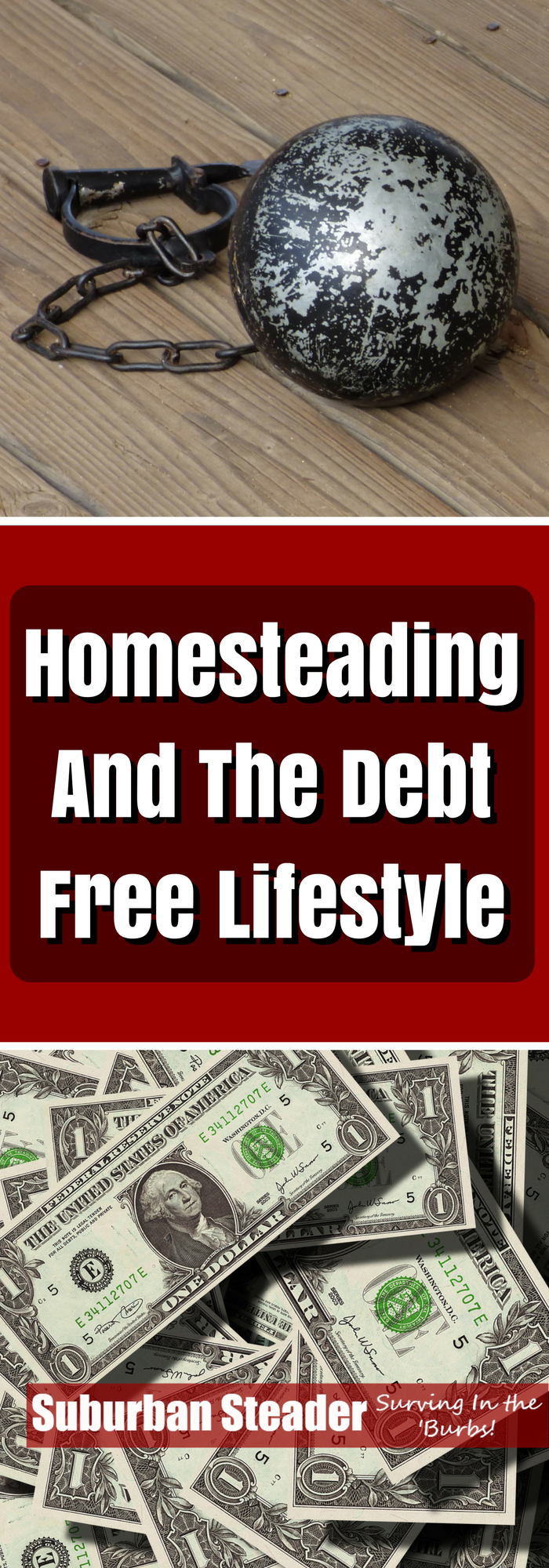6 Quick Tips for Managing Student Loan Debt
Statistics show that about 33% of all Americans age 25 and older have college degrees and those numbers are rising over time. Unfortunately, many Americans use loans to finance this higher education. Nothing welcomes your adulthood like getting the first student loan bill in the mail. These bills can control your life if you’re careful. And, while we don’t recommend taking loans in the first place, following these six steps will help you steer clear of trouble and manage your debt in a responsible manner:
1. Don’t Ignore Your Student Loan
Most of us would agree that student loans are no fun to pay back. Completely ignoring them, however, will lead to serious consequences in both your credit rating and financial future. Make sure you start paying them off right after finishing college.
Editor’s Note: College loans typically give you a six month grace period from graduation before you have to start paying them off.
2. Set Up A Budget
Your lifestyle completely changes after college. You’ll need to start paying attention more to your financial surroundings and managing the flow of money through your accounts. Part of managing your income and expenses will involve tackling your student loans.
Monitor all your incomes (paychecks mostly) and expenses (rent, food, utilities, student loan payments, etc.) and create a budget off this information. It will help you determine your repayment strategy and show you where you can and cannot spend money.
There are apps and programs that can help. Third Party phone applications like You Need A Budget (YNAB), Mvelopes, and Mint, as well as software programs like Zilchworks and Quicken, can help you get on track.
3. Set An Affordable Monthly Payment
There is no one solution for everyone. Once you’ve set up your budget you’ll be able to get a clearer picture of what you’re capable of committing to pay each month – no less than the minimum of course so you don’t default. If you can’t handle the minimum for whatever reason, it is best to talk to the loan manager as they are usually willing to work with you. It is much better to set up smaller monthly payments over a longer time than default on your loan.
You will get rid of your loan sooner (and pay less interest) if you pay a higher amount than the monthly minimum. This approach should be a goal, however. Minimum payments should be considered mandatory for the reasons we’ve listed above. Side note – if you have a lot of debt, consider looking into the debt snowball payment method as a way of getting out of debt faster. It won’t be easier, but it works..
The recently created Pay As You Earn Repayment Plan (PAYE) also aims to make paying off student loans more manageable.
Editor’s Note: I have no experience with this plan so please check with consultants to see if your loan and circumstances qualify you for the program.
4. Research Forgiveness Options
There are some lawful ways to have your student loans dismissed. There are also certain criteria you must meet to qualify for a student loan forgiveness program. Research available student loan forgiveness programs at the state and federal levels to see if there is a student loan forgiveness program that suits your situation. In the meantime, make sure you’re keeping up with your minimum payments.
5. Set Up Automatic Payment Options
One of the best solutions for student loan repayment is to opt for an automatic payment option. These programs will automatically deduct a preset amount each month from your account to pay off the loan. You will not have to worry about writing a check each month as it will be deducted automatically on a certain date.
Typically, you have the option of picking which day of the month you pay the loan. This option allows you to do helpful things like schedule your payment for the day after your paycheck is credited to your account.
This approach takes the responsibility of remembering to write a check and mail it (or even just log-in and process payment) each month out of your hands and keeps your credit and status in good standing.
6. Make Extra Payments Whenever Possible
We touched on this item in Step 2, but the best tip for managing your student loans (after not taking them) is to pay them off as early as possible. You can do this by making extra payments whenever you have a few dollars in your pocket.
When making extra payments, make sure it is explicitly clear that the extra money in your payment is to be put against the principle of the loan and not against the next future payment. Also, if you have multiple student loans, always apply any extra payments to the loan with the highest interest level first. This approach will reduce the amount of interest you pay and reduce the total cost of your loan over time.
Conclusion
Student loans are beastly things that are best avoided. That being said, if you have them, it’s best to service them as much as possible. We recommend following these six steps and also consulting with the most experienced, informed and active student debt consultants you can find in order to resolve your debt the most beneficial way possible to your current situation. Student loans can be trying but they are survivable.


